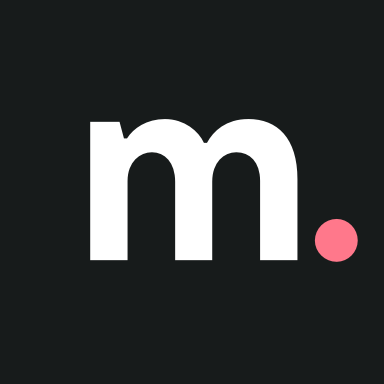
“If you don’t file and pay your Self Assessment tax return on time, you are at risk of not only being hit with penalties but also having to pay interest on the late payment due to HMRC.”
Each year, your Self Assessment return is due on 31 January for online returns. This is also the deadline to pay any tax you owe. If you don’t make the payments on time, you could pay penalties.
How to get ready to submit
If you’re not sure if you need to submit a Self Assessment return, you can check on the gov.uk website.
If you do need to submit, you can file your tax return any time before the deadline (31 January). Before you start your tax return there is some information you’ll need to have to hand. Making sure you have all the relevant paperwork can help make the process a lot smoother.
You’ll need:
Your ten-digit Unique Taxpayer Reference (UTR)
Your Government Gateway ID and password
Activation code – for your first self-assessment only, you’ll need the activation code HMRC sent you in the post after you registered
Your National Insurance number - you can find this on a P60 or payslip
Details of income from your business including any invoices you have sent – the records of any allowable expenses relating to your self-employment
Any contributions to charity or pensions that might be eligible for tax relief
If you have another job that pays a salary and you have paid tax through PAYE then you’ll need your P60 showing how much income you received that you’ve already paid tax on. Your employer might also send you a P11D if you received any benefits on top of your salary
Details of any other taxable income including bank interest (you can get interest certificates from your bank), rental income, dividends received and pension income

“The most effective way to prepare yourself for your Self Assessment is to ensure that you are keeping your books and records correctly and up-to-date. This is called Real Time Information (RTI) where at any time, you can show the position of your income and business to date. Your trusted accountant or tax advisor can help guide you through the process.”
With the tax calculation feature in the Mettle app, you can get a real-time estimate of the tax you’re likely to owe. You’ll need to be synced with FreeAgent through the Mettle app to get an up-to-date view of your tax position.
Ways to submit your return
There are two ways you can submit your Self Assessment tax return: online or you can download the relevant form and send it in.
To file online directly with HMRC, you need to login to your Government Gateway account (see above). You can find more information about that here.
You can also submit a paper return, you can download the relevant forms here. The government’s website also has a handy guide on how to fill in the form. But remember that the deadline for paper returns is before the online one. It is in October the previous calendar year. For example, paper returns were due 31 October 2023, and online returns are due 31 January 2024.
The Self Assessment process might look daunting but with some preparation, organisation and a bit of help, you can nail your tax return!
Updated on 10 January 2024.
Disclaimer: The content of this blog is based on our understanding of the topic at the time of publication and should not be taken as professional advice. Any of the information may be subject to change. You are responsible for complying with tax law and if in doubt, should seek independent advice.
FAQ
How do I get a UTR if I've never submitted a Self Assessment before?
If you do need to submit but have never submitted a return before, you’ll first need to register for Self Assessment. There are different ways to register depending on your working status.
Read moreThey are:
Registering if you’re not self-employed but need to declare income
To register, you’ll need to set up a Government Gateway account if you don’t already have one.
Once you’ve registered, you’ll be sent your Unique Taxpayer Reference (UTR) number. HMRC says this should be with you within 10 days (21 if you’re abroad) by post. You’ll need your UTR to file a return.
Make sure you register by the 5 October in your business’s second tax year to avoid any fines from HMRC.
Once you’ve signed up once you don’t need to register again each year.





